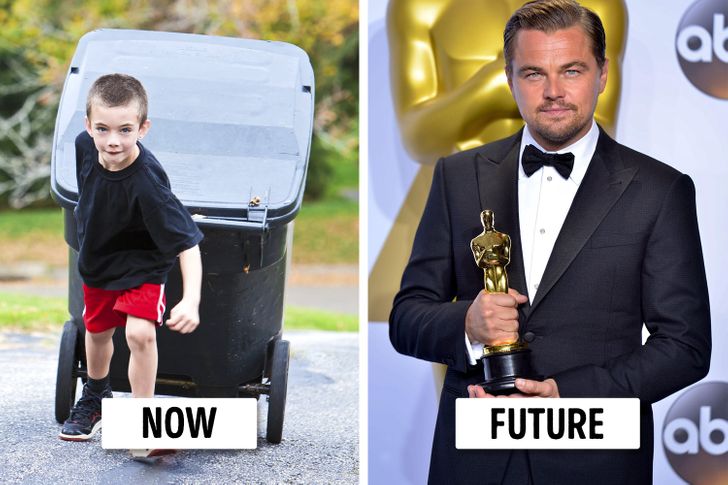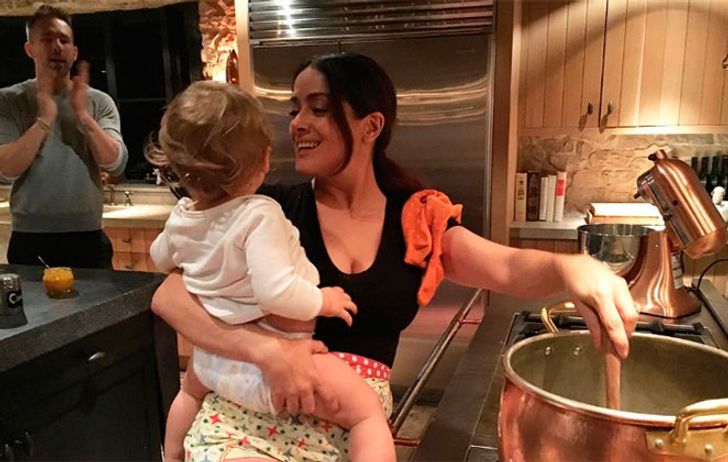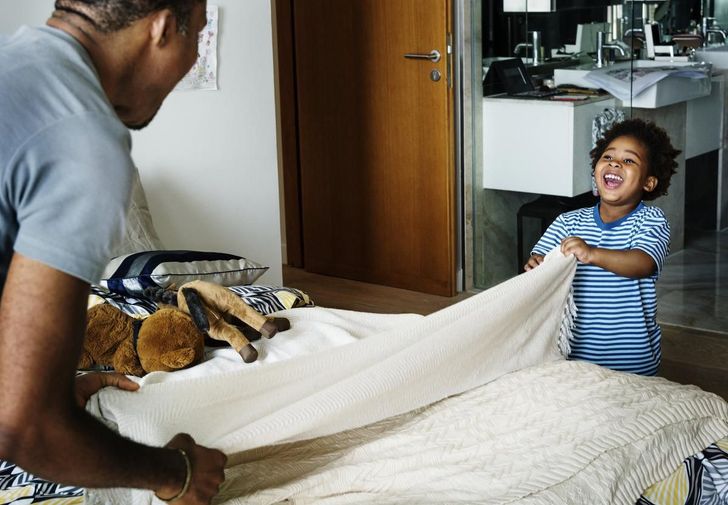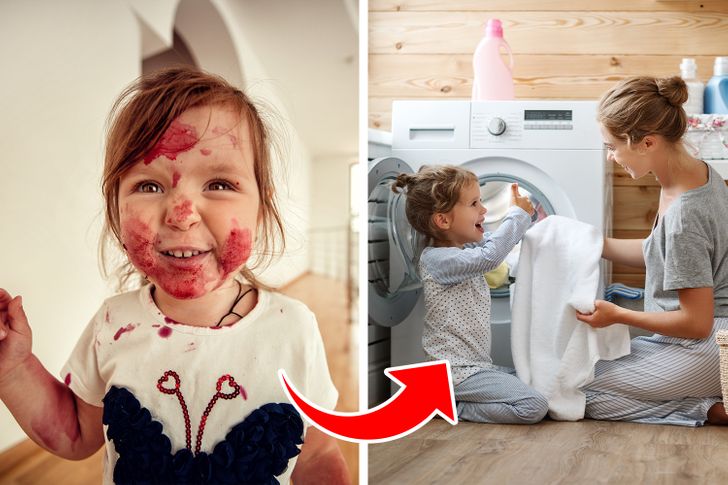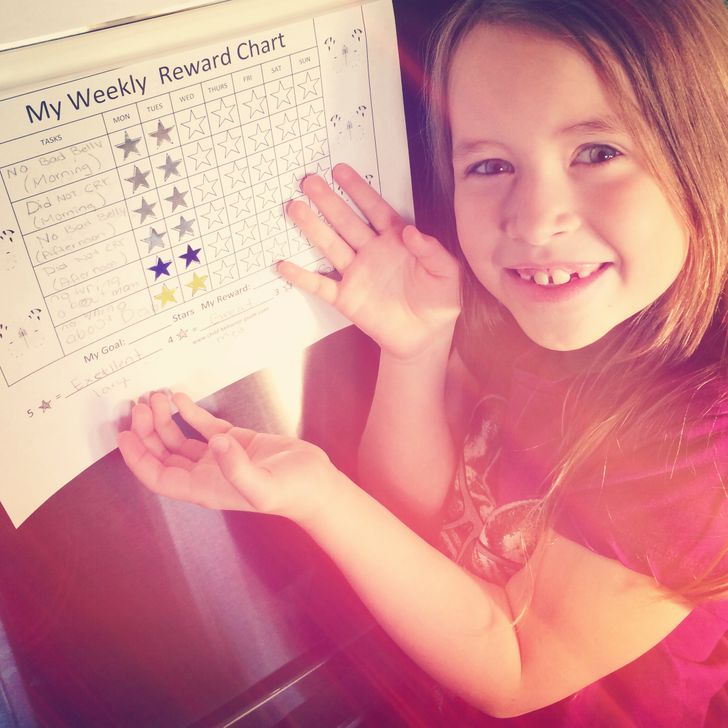What edvidence is there to prove such thing? I think it's baloney?
Experts Say Kids Who Are Used to Doing Chores Become More Successful
75 years — that’s how long it took to conduct the Harvard Grant Study that revealed the state of success and happiness depends on 2 things: love and work ethic. And if it’s more or less obvious with love, the idea that children doing chores are more likely to succeed in the future is surely news.
We at Bright Side keep our ears open to catch word of new studies and parenting techniques. And we’re excited to report there’s been some impressive research on the less obvious but significant benefits doing chores from an early age can have. Keep on scrolling!
Kids who grow up doing chores develop a “pitch-in” mindset.
According to Julie Lythcott-Haims, the author of How to Raise an Adult and the former dean of freshmen at Stanford University, chores help a person develop a certain attitude which can lead to them taking charge when there’s help needed.
This quality will be useful in group projects at school, displaying teamwork with colleagues, as well as having a generally good attitude when doing work. Those who’ve learned to take the initiative since childhood are more likely to be leaders.
Kids develop self-efficacy.
When a kid sees that his/her actions lead to a certain outcome and realizes this “act-effect” connection, it opens a door to a whole network of other activities like thinking, coping, planning, deciding, trying, failing and succeeding. It gives the kid more space to experience life in general. And doing chores gives them more control over another (very significant) area of their life.
They become more capable and responsible.
Chores are a big part of everyday life which is impossible to avoid. And shielding your child from household duties and building a dependent pattern of behavior does more damage in the end. More or less independent living will cause a certain dissonance and definite stress for a child who gets used to the fact that a certain part of their life is done without their participation or effort.
They figure out how to get tasks done.
As Julie Lythcott-Haims mentioned, we as parents should not put too much emphasis on our kids’ good grades and thick resumes, but rather on forming a certain set of habits, skills, and a mindset in general — this will help them way more in life than good grades ever will. This includes, for example, the ability to schedule a day, to prioritize urgent and important tasks, and to not put things off.
They realize that messes don’t clean themselves.
Lythcott-Haims says that by asking one’s kids to help with washing the dishes, taking out the garbage, and doing laundry, we help them to come to the realization: “I have to do the work of life in order to be part of life.” And that it’s not just about “me” and “my needs” at the moment, but rather, it’s seeing the whole picture.
Kids are learning about work ethic.
When we intentionally isolate children from chores, we don’t allow them to develop certain skills needed not only in school or at work, but in life in general, otherwise known as work ethic. Make a job chart for responsibilities like washing the dishes, watering the plants, taking out the garbage, vacuuming, and feeding animals. This experience will give your child a positive feeling of being productive.
Do your kids do any chores? In your opinion, at what age should kids start helping in the household? We’d be happy to hear from you in the comment section below!
Comments
Thank you for the great article.
It’s so true that we need to implement responsibility into our children early on.
I have 3 sons-2, 3 and 4 years old. Since the 1 year old I teach children to help around the house and self-care. I use the Manini app for three children. It's like printed chores cards, but in a phone. In the app, you can mark the completion of tasks, and children like it very much. And the app has a goal Board that lists all household chores and self-care for children under 5. The older child can already do almost everything, that is, almost 40 skills))). And I like it so much that they get carried away and resort to asking for more tasks.
Related Reads
Anne Hathaway Deemed Unrecognizable After Her Face Shocked Many in New Pics

I Was Publicly Humiliated for Bringing My Late Mom’s Dish to My In-Laws’ Family Dinner

12 Puzzles That Are Trickier Than They May Seem at First Glance

8 People Who Experienced Eerie Things That Are Too Hard to Grasp

15 Hotel Workers Shared With Guests Priceless Information to Improve Their Stay
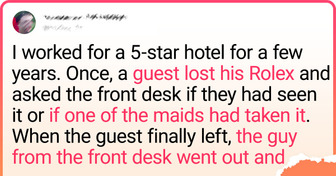
8 Differences Between Men and Women Very Few People Know About
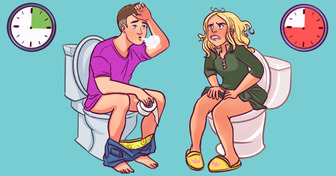
My In-laws Invited Everyone to a Family Gathering — Except For My Kids
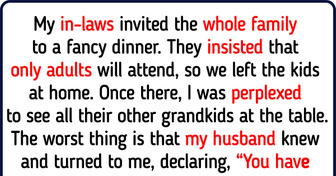
I Forced My MIL Out After She Gave Me a Humiliating Present At My Baby Shower

13 Tips on Everyday Life That Our Parents Didn’t Teach Us

10 Plot Twists That Turned Stories Into Rollercoasters

10+ True Stories About the Most Disgusting Things People Witnessed
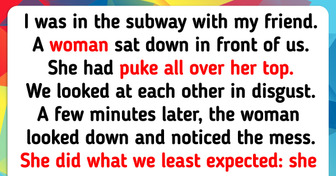
12 True Stories That Ended With the Most Crushing Plot Twists

